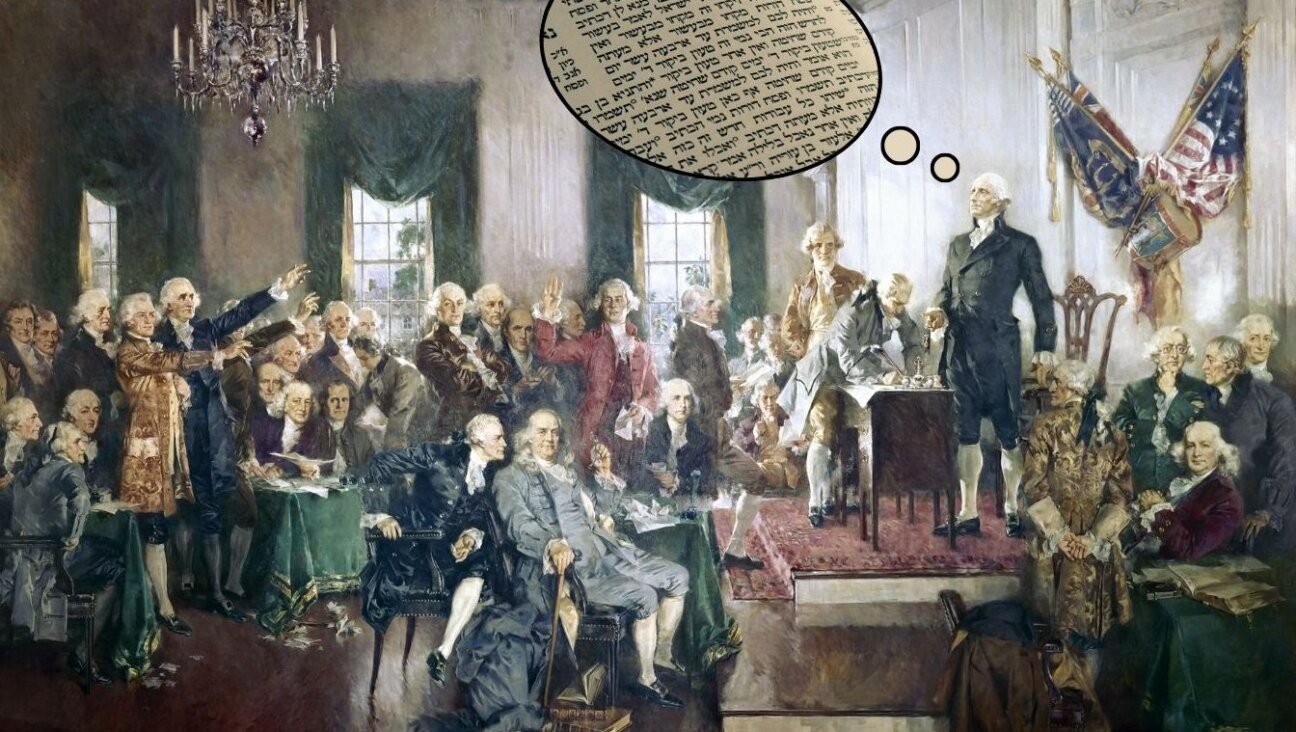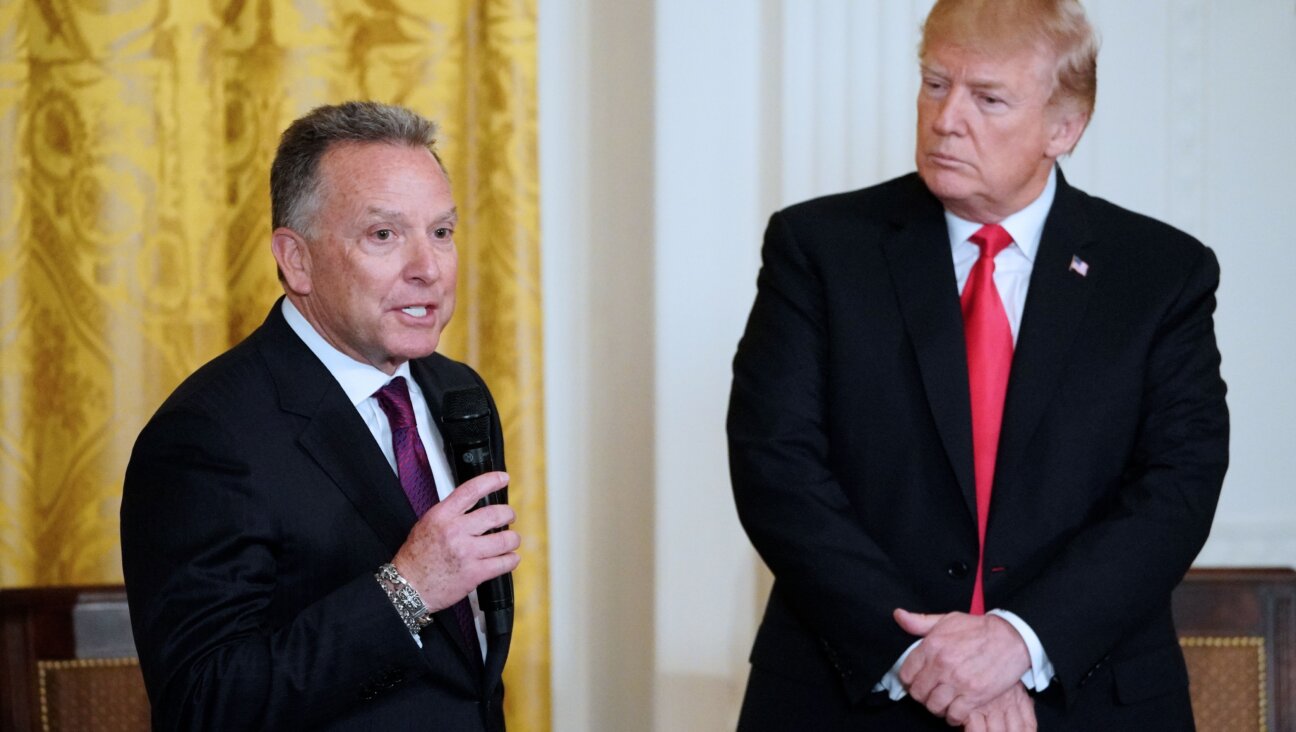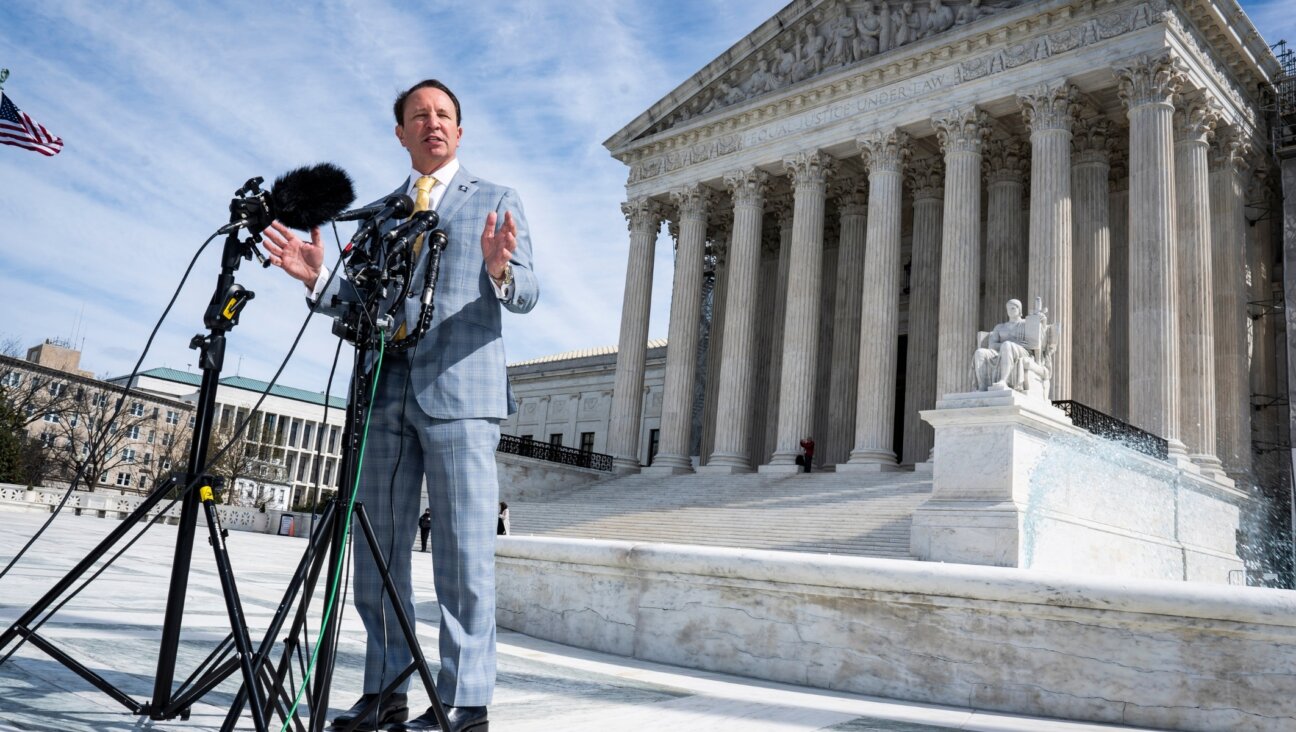Bibi: Israel Working To Close Gap With U.S.
Prime Minister Benjamin Netanyahu said Wednesday he has not yet worked out his differences with Washington over a disputed construction project in East Jerusalem, signaling a continued deadlock in the U.S. push to restart Mideast peace talks.
Netanyahu said the sides are still trying to find a solution but defended his government’s contentious construction that has been at the heart of the spat, saying it’s a long-standing Israeli policy.
“There are things we agree on, things we don’t agree on, things we are closing the gap on. We are making an effort,” Netanyahu said of the talks with the U.S.
He spoke at a news conference called to trumpet the accomplishments of his first year in office.
The U.S. has been pressuring Israel to halt construction in east Jerusalem, the section of the holy city claimed by the Palestinians. Israel considers all of Jerusalem to be its eternal capital.
The dispute erupted into a crisis last month when Israel announced plans to build 1,600 new homes for Jews in east Jerusalem during a visit by Vice President Joe Biden. The announcement infuriated the Americans, who demanded the project be canceled, and derailed a plan to restart peace talks.
Netanyahu accused the media of blowing the disagreement out of proportion.
“What is being published doesn’t fit what we are talking about,” he said. “Apparently the discussion between us is more serious and more to the point than what is generally believed.”
Netanyahu also said at the press conference that his was a “goverment of action,” adding that “the public is unaware of most of the actions” undertaken by the government.
Netanyahu added that his government made 1,500 decisions in the past year, but said he wasn’t going to go into detail on them.
The prime minister spoke of the continued firing of rockets by Gaza militants into Israel, and said that in the past year, his government adopted a new policy of “quick response” to any incident of rocket fire.
“We are looking out for Israel’s security interests while at the same time trying to renew the peace process,” Netanyahu said.
Netanyahu also spoke of the deal to release abducted IDF soldier Gilad Shalit, and said that Israel is willing to go a long way in order to push the deal forward. “Up to this point, we haven’t gotten a response from Hamas. I must note that when I asked, I did get a sign of life – the video of Gilad. We are taking actions to bring him home that we can’t always elaborate on,” the prime minister stressed.
The Prime Minister commented on the recent tensions between Defense Minister Ehud Barak and IDF Chief of Staff Gabi Askenazi, and the decision not to extend Ashkenazi’s term.
“Every organization must refresh its chain of command, even when there are people of quality at its head,” said Netanyahu. “Actually, it wasn’t a decision – it is a long standing rule that the IDF Chief of Staff serves a four-year term only,” said Netanyahu.
Netanyahu also said that Israel is on its way to becoming a regional economic power, as well as a world technological power.
“Under my leadership, Israel’s economy successfully recovered from the world economic crisis, and in order to complete the process, we must free the economy from bureaucracy,” Netanyahu said.
The Prime Minister also said that during his time in office, gaps in Israeli society have decreased, speaking of the gaps between the rich and the poor as well as those between the young and the elderly. “These are one of the social steps that I am most proud of,” said Netanyahu.
Kadima, the leading opposition party, reacted harshly to Netanyahu’s speech.
“Netanyahu lives in Bibiland, not in Israel,” Kadima said in a statement. “Netanyahu’s trickery is meant to throw sand in the eyes of the public and artificially blur the crushing failure of the most over-sized and wasteful government in Israel’s history.”
“Nothing can hide the fact that in one year Netanyahu’s conduct has led to an absolute collapse in Israel’s standing in the international community and a severe rift with the United States during an important and sensitive time period for Israel’s national security interests.”
Netanyahu was also attacked from his political right flank by National Union MK Yaakov Katz.
“Netanyahu hid from the public three grave things that were done by his government on his initiative: he gave authority over the heart of Israel to foreigners, he decreed a racist edict to forbid Jews from building homes and he instructed the housing minister not to build in neighborhoods of Jerusalem liberated during the Six-Day War,” Katz said.
A message from our CEO & publisher Rachel Fishman Feddersen

I hope you appreciated this article. Before you go, I’d like to ask you to please support the Forward’s award-winning, nonprofit journalism during this critical time.
At a time when other newsrooms are closing or cutting back, the Forward has removed its paywall and invested additional resources to report on the ground from Israel and around the U.S. on the impact of the war, rising antisemitism and polarized discourse.
Readers like you make it all possible. Support our work by becoming a Forward Member and connect with our journalism and your community.
— Rachel Fishman Feddersen, Publisher and CEO























